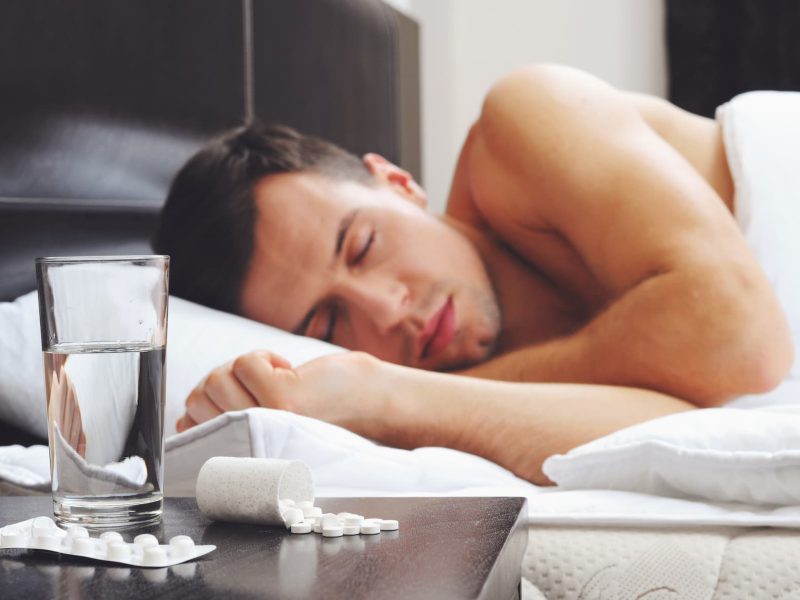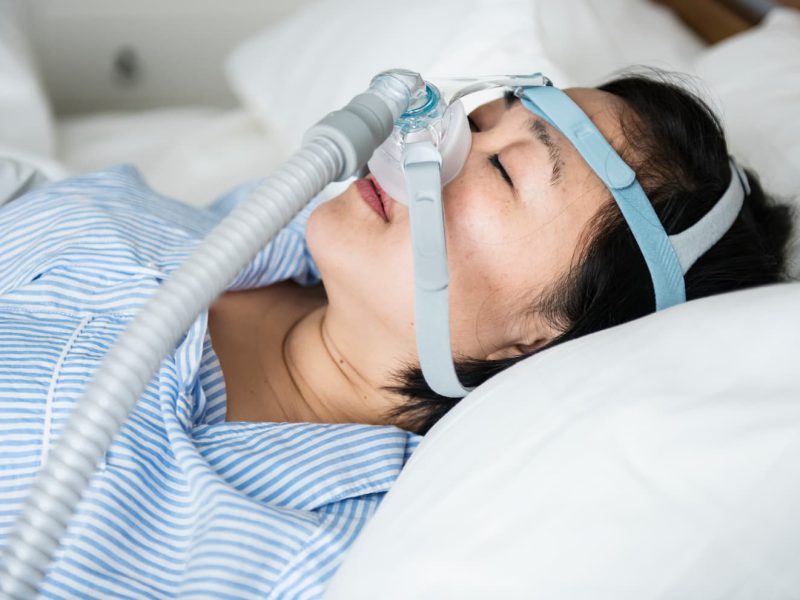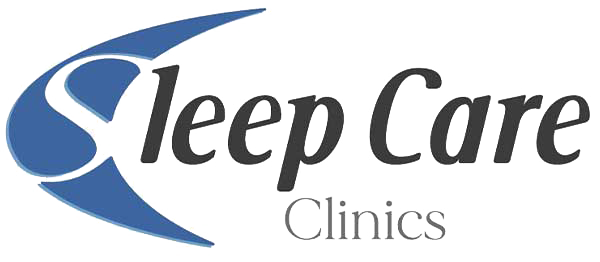CPAP Treatment
CPAP Treatment
It has been shown that the effective treatment of first choice for Obstructive Sleep Apnoea and Hypoapnea Syndrome (OSA) is CPAP or Continuous Positive Airway Pressure.
A CPAP device is a small machine that opens the airway by supplying air pressurised. Once the diagnosis of sleep apnoea has been made and the necessary pressure on the CPAP titrated, the patient should start using the equipment whenever they sleep; for which the most appropriate equipment and mask for that patient must be chosen. It’s like shoes, not all “fit” the same or is a standard therapy (it is not the same for everyone). It is not something that can be bought online without prior evaluation. you would not “buy” an appendectomy (appendicitis surgery) online.
CPAP can help these people with OSA lose weight as it allows them to be physically active and improves the hormonal changes that make them gain weight, or unable to lose weight.
Adjust your position during sleep (sleep on your side and not on your back). Effective only in mild and clearly positional cases (evidenced by a sleep study).
Eliminate smoking and alcohol intake, sedatives, antihistamines, relaxants and hypnotics; they can be adjunctive treatments to CPAP.
Oral devices for the tongue or mandibular advancement, so that it does not move in the oropharyngeal cavity. Such devices are tolerated and effective only in cases where a malformation is diagnosed that can be corrected with these devices.
Will I get used to sleeping with the CPAP?
This is a frequently asked question people have about CPAP. Certainly that machine is not natural. Neither, have are medicines on surgeries.
This device will only introduce air, the same air from the environment. In fact it is cleaner, since the machine has a number of filters. It does not use oxygen (but those patients who need it can supplement CPAP). The difference is that it introduces air into our airways pressurised.
People who have OSA and use CPAP, instead of feeling uncomfortable (which certainly could happen for the first few days) will finally be able to sleep and feel great. They will feel so good that they would not want to stop using it. If they lose weight and stop having OSA they can stop using it


Adverse effects, contraindications for the use of CPAP
Like everything, it has its precautions, complications and should not even be used in some people. CPAP SHOULD NOT be used by anyone who has any of the following conditions:
- Bullous lung disease.
- Airway fistulas.
Shock or severe hypotension.
A few adverse effects may be recorded with the use of CPAP. Almost all are temporary or can be avoided. Such as: dryness of the nasal mucosa (avoided with a humidifier), discomfort (avoided with more comfortable mask and device and in any case is usually temporary), dry eyes (avoided with a more comfortable mask), injuries due to pressure where the mask rests (avoided with a more comfortable mask). Like all electrical equipment, care must be taken to avoid the risk of electrocution, particularly if it has a humidifier.

